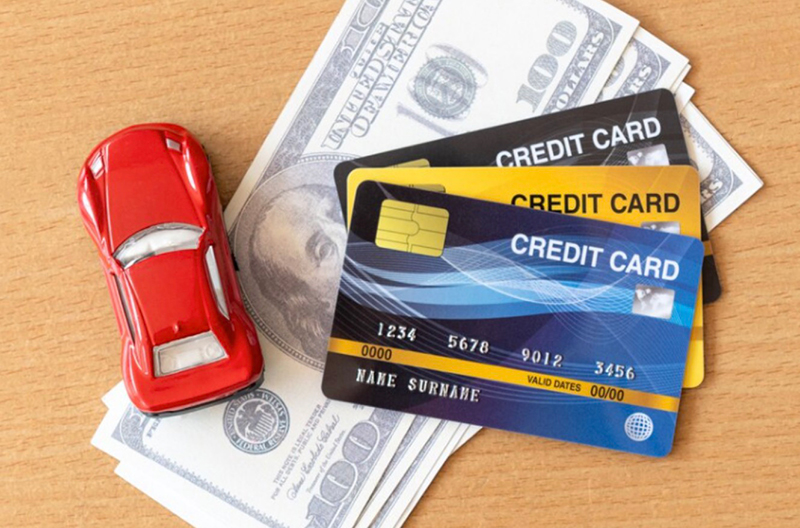In the vast and intricate world of personal finance, building and maintaining a strong credit score is a top priority for many. One question that often arises is whether paying car insurance premiums can contribute to this important financial metric. The answer, however, may surprise you.
While staying on top of various bills and financial obligations is undoubtedly crucial, the relationship between car insurance payments and credit scores is not as straightforward as it may seem. In this comprehensive guide, we’ll delve into the nuances of this topic, separating fact from fiction and providing you with valuable insights to make informed decisions.
The Direct Link: Does Paying Car Insurance Build Credit?
The short answer is no – paying your car insurance premiums does not directly impact your credit score or help build your credit history. Insurance companies, including those providing auto coverage, do not report your payment history to the major credit bureaus like Experian, Equifax, and TransUnion.
Credit bureaus primarily focus on tracking your borrowing and repayment history, such as credit card balances, loan payments, and other forms of credit-related activities. Car insurance premiums, being a type of service payment, are not factored into your credit score calculation.
The Indirect Impact: Paying with Credit Cards
While paying your car insurance premiums directly does not influence your credit score, there is an indirect way in which these payments can affect your credit. If you choose to pay your car insurance premiums using a credit card, your credit card balance and payment history will be reported to the credit bureaus.
Here’s how it works:
- When you use your credit card to pay for car insurance, the premium amount is added to your credit card balance.
- If you pay off the entire balance on or before the due date, it will not impact your credit score.
- However, if you consistently carry a balance or make late payments, it can negatively affect your credit score.
It’s important to note that using a credit card to pay for car insurance may come with additional fees or surcharges imposed by the insurance company. Therefore, it’s essential to weigh the potential impact on your credit score against any additional costs or fees.
The Consequences of Non-Payment
While paying your car insurance premiums doesn’t directly build credit, failing to pay them can have serious consequences. Most states require drivers to maintain a minimum level of auto insurance coverage, and driving without it is illegal. If you stop paying your car insurance premiums, your policy will eventually lapse or be canceled by the insurance company.
A lapse in coverage can lead to the following potential consequences:
- Increased insurance rates in the future when you seek to reinstate your coverage
- Fines or penalties for driving without insurance
- Legal and financial liabilities if you’re involved in an accident while uninsured
Additionally, if your unpaid car insurance premiums are sent to a collection agency, the collection account may appear on your credit report, potentially damaging your credit score.
Building Credit Through Other Means
While car insurance payments may not directly contribute to your credit score, there are several tried-and-true methods to build and maintain a strong credit history:
- Make timely payments on all forms of credit, including credit cards, loans, and mortgages
- Keep credit card balances low relative to your credit limits
- Maintain a mix of different types of credit accounts (e.g., revolving credit, installment loans)
- Monitor your credit reports regularly and dispute any errors or inaccuracies
- Limit the number of new credit applications or hard inquiries on your credit report
By following these best practices and adopting responsible financial habits, you can effectively build and maintain a solid credit score, which can open doors to better interest rates, increased borrowing power, and a more secure financial future.
The Bottom Line
In conclusion, while paying car insurance premiums does not directly build credit, it remains a crucial responsibility for drivers to maintain legal and financial protection on the road. By understanding the nuances of how credit scores are calculated and the potential indirect impacts of using credit cards for insurance payments, you can make informed decisions that align with your overall financial goals.
Remember, building and maintaining a strong credit score requires a holistic approach, encompassing responsible borrowing, timely repayments, and prudent financial management across all aspects of your life. By staying vigilant and prioritizing healthy financial habits, you can pave the way for a brighter financial future.
Can you pay car insurance with a Credit Card
FAQ
Can car insurance be reported to credit bureaus?
Does auto insurance hard pull credit?
Does paying phone bills build credit?

